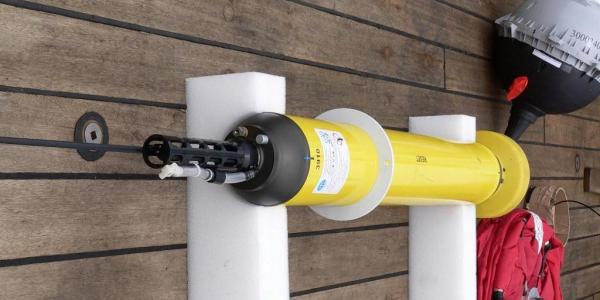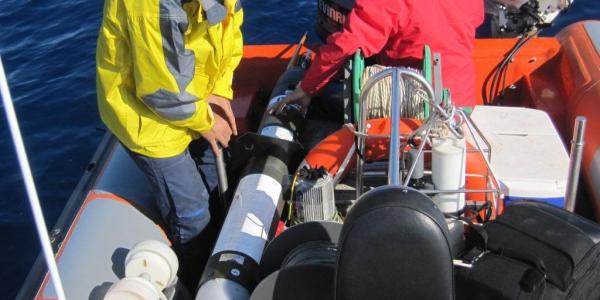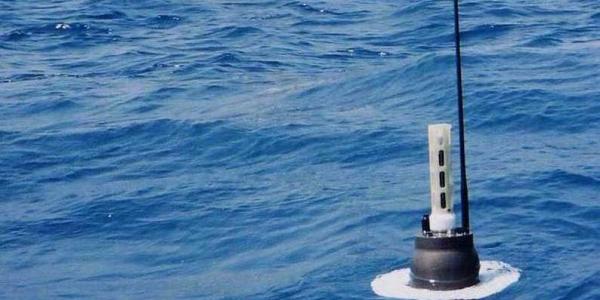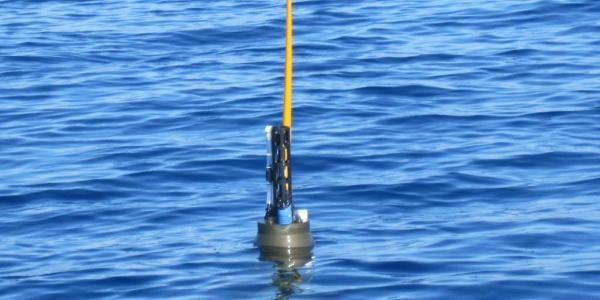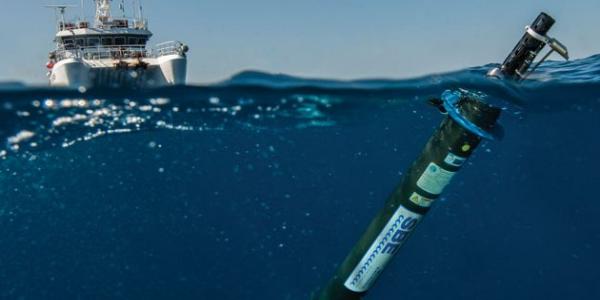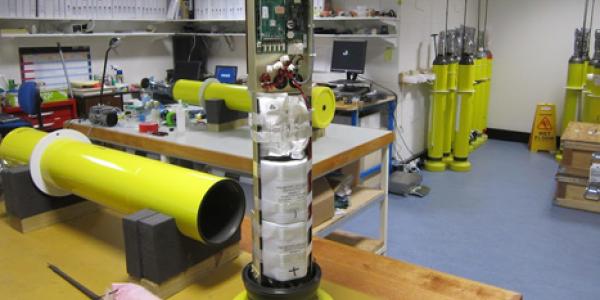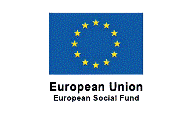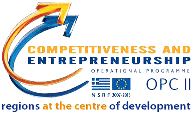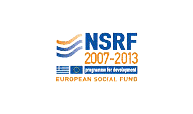Autonomous profiling floats have become lately an integral and necessary component towards ocean monitoring which is crucial for the science of climate dynamics and climate change. By comprising a large network of approximately 3500 floats, the international Argo programme has nowadays become the first-ever global, in-situ ocean-observing network in the history of oceanography. Today almost 3500 of these free drifting profiling floaters measure temperature and salinity throughout the deep global oceans, down to 2,000 metres and deliver data both in real time for scientific research and operational users and after careful scientific quality control for climate change research and monitoring. Furthermore, additional biochemical instrumentation, which has recently been embedded to some floats, gives a great opportunity for scientists to study the ecosystem’s dynamic procedures.
Success in such a major undertaking could be achieved only through a very high degree of international cooperation. In this context Greece, through the General Secretariat of Research and Development and HCMR operational oceanography activities, has become a member of the new formed Euro-Argo Research Infrastructure. This will allow active coordination and strengthening of the European contribution to the international Argo programme and provision of deployments and operation of around 800 floats providing in such way an enhanced coverage in the European regional seas. Efforts towards monitoring Greek seas with the use of autonomous profiling floats have already started since June of 2010 when HCMR operational oceanography team deployed an Argo float in the Cretan sea providing weekly temperature and salinity profiles.
During 2012 the launch of the Greek Argo infrastructure funded by the National Strategic Reference Framework (NSRF) will contribute to an enhanced monitoring over Aegean and Ionian seas as well as Eastern Mediterranean region in general. The operational action plan of Greek Argo infrastructure includes the purchase and deployment of a sufficient number of floats for the next 5 years, covering in that way semantically the monitoring needs of the whole region. At the same time it will ensure actions towards the strengthening of the network and promoting the utilization of scientific research results. As being a part of European Argo Research Infrastructure, Greek Argo will participate in the project’s future planning and decision making. Along this direction, HCMR established a network of relevant Greek scientific groups mainly from Universities and Research Institutes which constitute the Greek Argo Users group/network. These different groups are already using or will be using ARGO data in ocean/atmospheric forecasting, climate studies and for educational purposes. It is expected that the Greek Argo Users Group will further grow and expand its activities concerning the scientific exploitation of Argo data and the cooperation among Greek scientists. Additionally, it is foreseen that the establishment of the E-A ERIC will increase the interaction of the Greek Argo Users Group with the European and international ARGO scientific community in the near future.
This network of profiling floats will for the first time provide continuous profiles of physical and biochemical parameters of the Greek seas. The use of these data will have short and long term benefits such as more comprehensive surveys of sea water processes and interactions, more reliable in situ data for operational modeling forecast and provide crucial information for climate studies. Apart though from scientific interest the network will give additional socioeconomic benefits as it will upgrade the marine safety forecasting, monitoring of pollution, upgrade of fishery activities and finally management and protection of coastal zone planning and efficient marine and coastal infrastructure.
Greek Argo is coordinated by the Institute of Oceanography of HCMR and funded by the General Secretariat for Research and Technology (GSRT), Ministry of Education and Religious Affairs and the European Regional Development Fund (ERDF)

